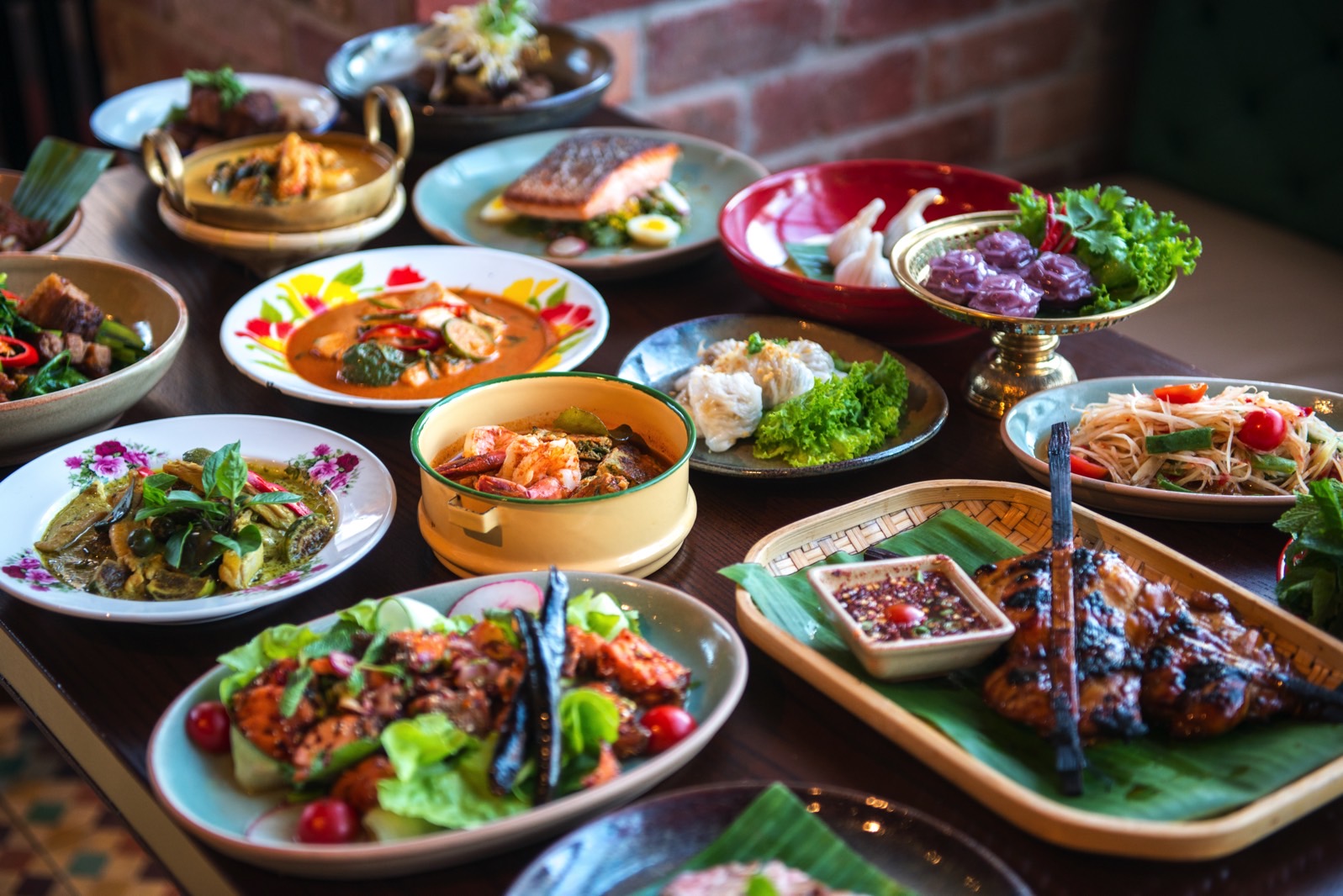Food made without plants or animals will go on sale in the US in 2025

Image: Pixel-Shot/Adobe
Imagine a future where butter, chocolate, and ice cream are created without relying on farms or livestock. That future is closer than ever as farmless food prepares to make its debut in the United States in 2025.
Start-ups like Savor and Solar Foods are pioneering new methods to produce food directly from raw materials like carbon and hydrogen. By bypassing traditional agriculture, these companies aim to address environmental challenges while delivering innovative food products.
Savor is working to transform carbon emissions into synthetic vegan fat. This fat is then processed into butter, which is suitable for cooking, baking, and making chocolate. By eliminating the need for palm oil and livestock, Savor’s method could significantly reduce land use and deforestation. It’s a solid first step for farmless foods.

A variety of Thai foods on a table. Image source: leelakajonkij/Adobe
Currently, Savor is seeking FDA approval and plans to launch its product in select US restaurants next year. Meanwhile, Finnish start-up Solar Foods is introducing Solein, a protein powder made from bacteria. The company uses electricity to split water into oxygen and hydrogen, which is then fed to bacteria to produce Solein.
The yellow powder can substitute for eggs and dairy, making it a versatile ingredient for both sweet and savory dishes. Solein is already available in Singapore and will arrive in the US after FDA clearance, initially focusing on restaurants and food services.
The environmental benefits of farmless foods are promising, of course. These methods could free up land used for livestock farming, allowing it to be conserved or rewilded. Additionally, producing food in stainless steel vats is resilient to climate-related disruptions, offering a stable alternative as the planet warms due to climate change.
However, challenges remain. Scaling production to meet global demands is a significant hurdle. Consumer acceptance is another potential barrier, as new and unfamiliar products often face extreme skepticism. To overcome this, companies must prioritize taste and texture to ensure their products appeal to consumers beyond their sustainability credentials.
The rise of farmless food represents a radical shift in food production. While hurdles remain, this innovation promises a more sustainable and climate-resilient food system.
bgr.com |






